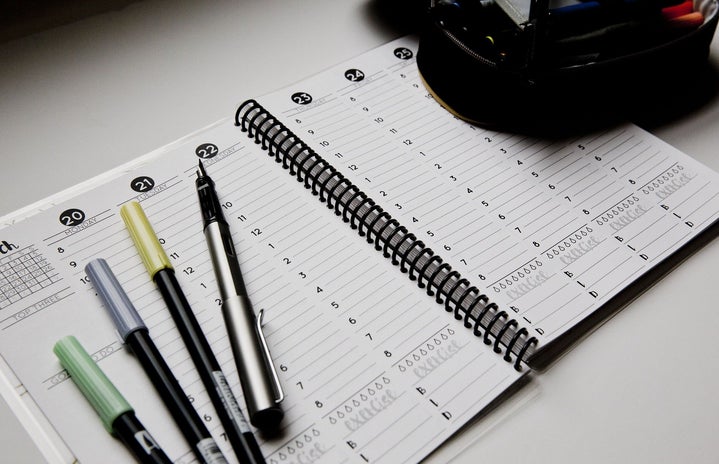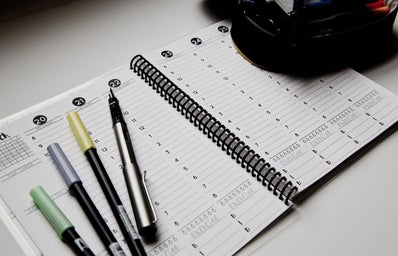Of course studying works best through long-term preparation. As students, we are expected to study and acquire ideas that would be useful for our future. However, many students know too well that long-term preparation has only the slightest chance of happening. Before we know it, exams are approaching and we resort to procrastination and last-minute cramming. So for those of you who have a few days or even a few hours to cram, here are some useful tips to help you have an effective study session.
1. Close your textbook and try “active recall”
Re-reading class material may help consolidate your understanding, but may not help you retain the knowledge in your memory. Instead, once you understand the material close your textbook and recall what you remember. This will help you recognize what you have not memorized or what you may not yet have a clear understanding of. Recognizing what you need to memorize or understand will hopefully help you study efficiently!
via Pinterest
2. Exercise before a study session
From personal experience, my concentration is higher after I exercise. If you are feeling tired, instead of munching on more snacks (which could make you feel sleepy) I advise you to get up and exercise. Exercising, or even walking around for just five minutes will make you feel a little more alert than before and will help give you the will and focus for another round of intense cramming.
Via Flickr
3. Teach it to someone
Whether it is to a friend, a family member, your dog, or even a poster of your favorite celebrity, teaching will help you recognize what you know. If you are short on time, briefly teach the material to someone and as you go along identify the points you were not able to teach well. Teaching requires logical explanation, so if you can teach well it is more likely you will be able to give a similar logical answer on the exam. The material you could not teach are potential areas of weakness, so brush up on these instead of wasting your time going through the entire material repeatedly. When cramming, efficiency is the key!
via Flickr
That being said, the best way to retain information is to review the material learned within 24 hours. If the information is not reviewed within a day, retention rate falls to about 30%; but with revision within 24 hours, you are likely to retain close to all of what you have learned. In short, although this may be obvious, the best way to study is to take some time for daily review.
Remember to take responsibility of your education and take advantage of your opportunities. :)
Thanks for reading!


